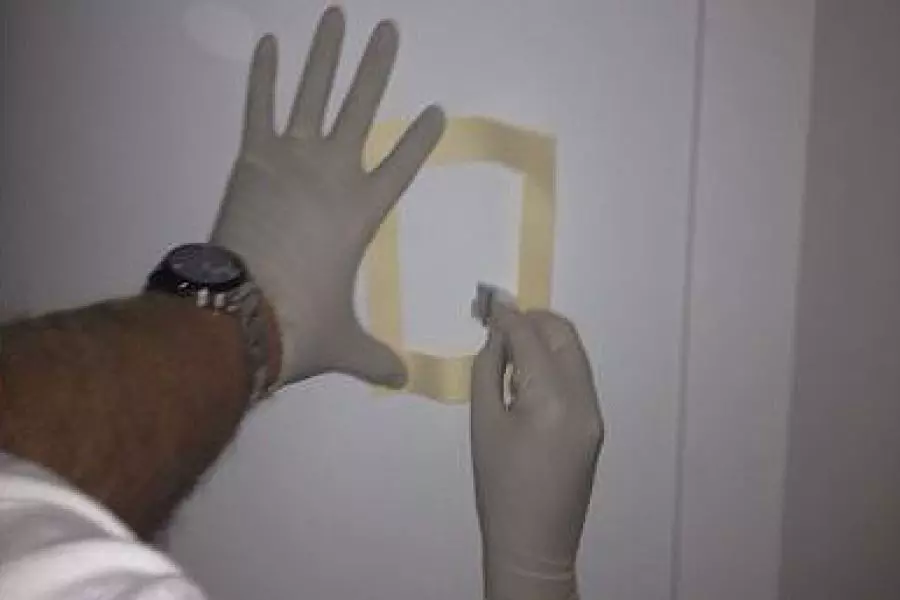News
Making meth testing easier

Tuesday 3rd of October 2017
Recent Crockers research into the risks facing property investors shows that, as compared to 2016, investors’ concerns about meth contamination have noticeably declined.
However, 25% of investors still listed meth contamination as a risk to their rental properties in the research and public concern over the issue remains high.
This year has seen some significant advances i...
Want to read the full article?
Click the button below to subscribe and will have unlimited access to full article and all other articles on the site.






![[The Wrap] Bye Bye Bayly](https://goodreturns.publit.io/file/c_fill,w_900,h_600/39f23ac1-f7c7-4854-b700-a150004ebbac.webp)


